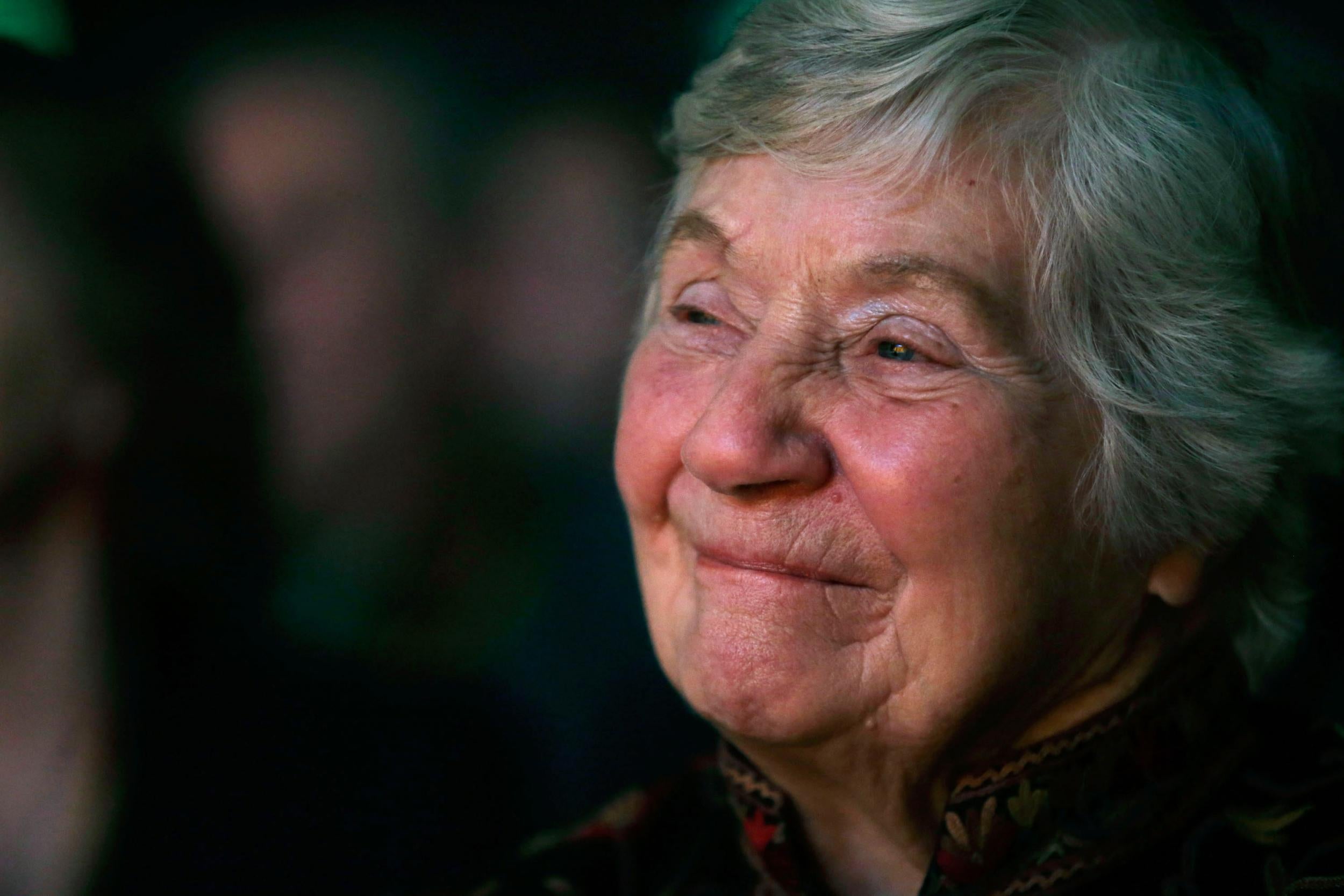Baroness Shirley Williams: The Lib Dem co-founder once predicted to become the first female prime minister of Britain
Williams, who announced her decision to stand down from the House of Lords last month, flew the flag for women throughout her political career

Once forecast to become Britain’s first female prime minister, Dame Shirley Williams is one of the leading politicians of her generation.
A definitive political figure, the 85-year-old politician has helped shape British social democracy as we now know it.
When she wasn’t busy co-founding the Liberal Democrat party, Williams was pushing through legislation to abolish capital punishment and hurling punches at an unruly anti-colonial rally in Nyasaland.
Widely revered as a strong and fiercely independent woman, Williams fought and overcame sexism throughout her political career.
Growing up in a learned, erudite household, Williams is the daughter of Vera Brittain, the esteemed feminist, avid pacifist and author of Testament of Youth - the seminal book stirred by the death of Brittain’s fiancé, brother and two closest male friends during the First World War.
But just last month, Williams announced her decision to stand down from the House of Lords and gave her final speech.
First elected as a Labour MP way back in 1964, the former Cabinet Minister has spent a grand total of 23 years in the Lords.
While Williams might be less well known amongst younger generations, it is imperative that one of the longest-serving peers’ in the Lords is remembered for her role in moulding left politics and flying the flag for women all over.
Early years
Born and bred in Chelsea in 1930, Williams was educated in a range of prestigious London schools. But after the dawn of the Second World War, she ended up being evacuated to Minnesota in the US for three years. It wasn’t until Williams returned to England that she chose to embark on university. And it was at Oxford that she truly came into her element - fast becoming one of the most prized female students of her time. Engaging in political debates and meeting prominent politicos such as the then wartime home secretary Herbert Morrison, she eventually became chair of the university Labour Club. As you’d imagine, it was here that her teenage dreams to become the first female Prime minister first materialised.
A skirmish with sexism
True to her time, Williams had many a battle with deeply engrained sexist ways. Before stepping foot into politics, she wrote for The Financial Times but like all women on the paper, Williams was barred from penning FT editorials and columns. This was not the result of a dearth of political or economic knowledge but rather a symptom of the times. After all, Williams was allowed to write economic policy for the FT yet forbidden from being in the public eye. When she later became immersed in politics, she was employed as the “housewife’s friend” but not permitted to nurture her goal to work in the treasury.
Politically resourceful
Commemorated for her political versatility, Williams first became an MP for Hitchin in 1964. She later went on to work as the secretary of State for Education and Science and join the cabinet. Multiple papers predicted her to become the first female prime minister. Writing in 1967, The Sunday Times said, “There are shrewd judges who believe that she has a prime minister's baton in her briefcase”. Likewise, The Sun chose her to become its Woman of the Year in 1974 and thus the “most likely” person to become the UK’s first female PM.
The birth of the Liberal Democrats
Dame Williams later shocked the British public when she decided to cut her ties with Labour and join the ‘Gang of Four’ labour politicians who broke away to form the Social Democrat Party. This party later joined forces with the Liberals and metamorphosed into the Liberal Democrats. Williams was its very first President, working between 1982 and 1987.
A continuing political presence
The veteran Lib Dem peer has continued to play an immensely active role in politics, having played an imperative part in helping to reform and moderate Tory changes to the NHS and much more. In her finale speech in the House of Lords, she mandated for politicians to protect and preserve the “special genius” of the “great public sector imagination” and preserve British institutions like the BBC, the NHS and the Open University. Asides from the likes of Magaret Thatcher and Barbara Castle, the recipient of a staggering thirteen honorary doctorates is undoubtedly one of the three major female politicians of her time.
Join our commenting forum
Join thought-provoking conversations, follow other Independent readers and see their replies
Comments